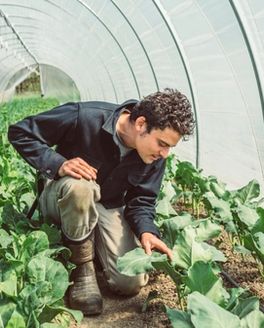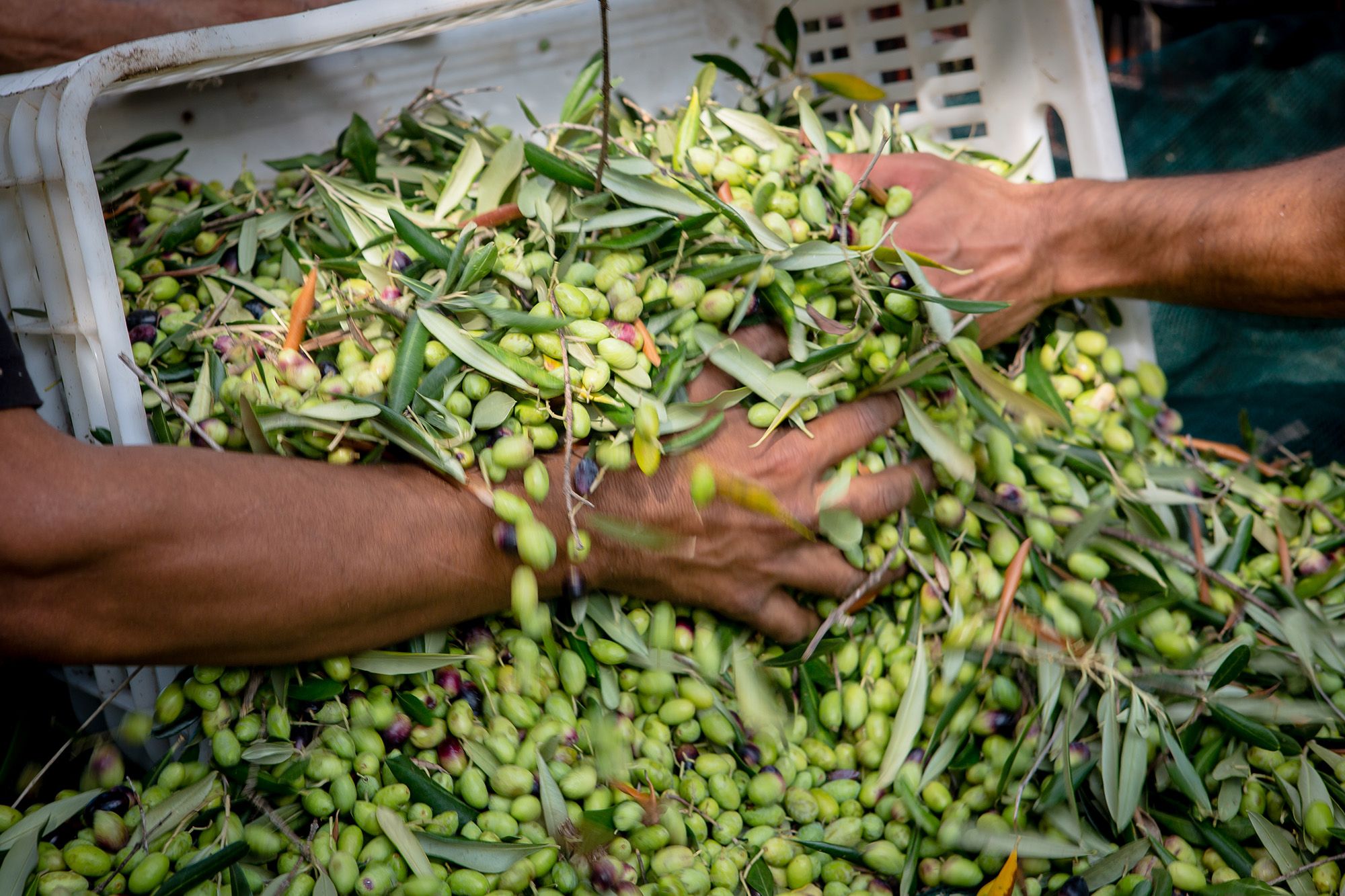
Family Business: Dr. Kavvadia Olive Oil
Though we didn’t make it to Greece, speaking with Apostolos of Dr.Kavvadia Olive Oil Farm transported us to a land of harvests and community surrounding one of the many things Greece is famous for. On a virtual call with Apostolos, Dr. Kavvadias grandson, we get to quickly see each other before our camera fails in connection and we’re left with just our voices speaking across the seas.
Traditionally pronounced (Ka-Va-Thee-A) Dr. Kavvadia olive oils are an excursion for your tastebuds. Continue reading for our full interview with Apostolos including the perfect way to taste test oil and all of its ancient glory.
Apostolos, what was your earliest memory on the farm?
He bought the farm in the 50s, it was an abandoned oil farm with an oil press.They lived mostly in Athens and would come to Corfu for vacation. As a kid I remember things happening here always, I grew up in Athens and spent a lot of time in Corfu . When my grandfather passed in 1987, the farm slowly started to deteriorate, no one could take care of it with my grandmother getting older and when she passed in 2010 I had already moved to Corfu full time with my son and family.
Slowly, slowly we started to restore the farm, first of all I had to learn how to make olive oil, I had to learn everything from scratch. Corfu is not an olive oil producing area, in Greece, Corfu was considered the worst place to make olive oil because of the bad practices. People used to wait for the olives to fall and collect them from the ground, making it of really bad quality, it was used for industrial olive oil making.
In 2012 when I started taking care of the trees and making better olive oil, we got our first international award and by 2018, Corfu olive oil had become top 5 Greek olive oils. Greece is the top three olive oil producers in the world and we are the number one consumer of olive oil in the world as well.
I think people are learning and becoming better now with everything. They make better coffee, better olive oil, better wine, and every food has become more specialized.
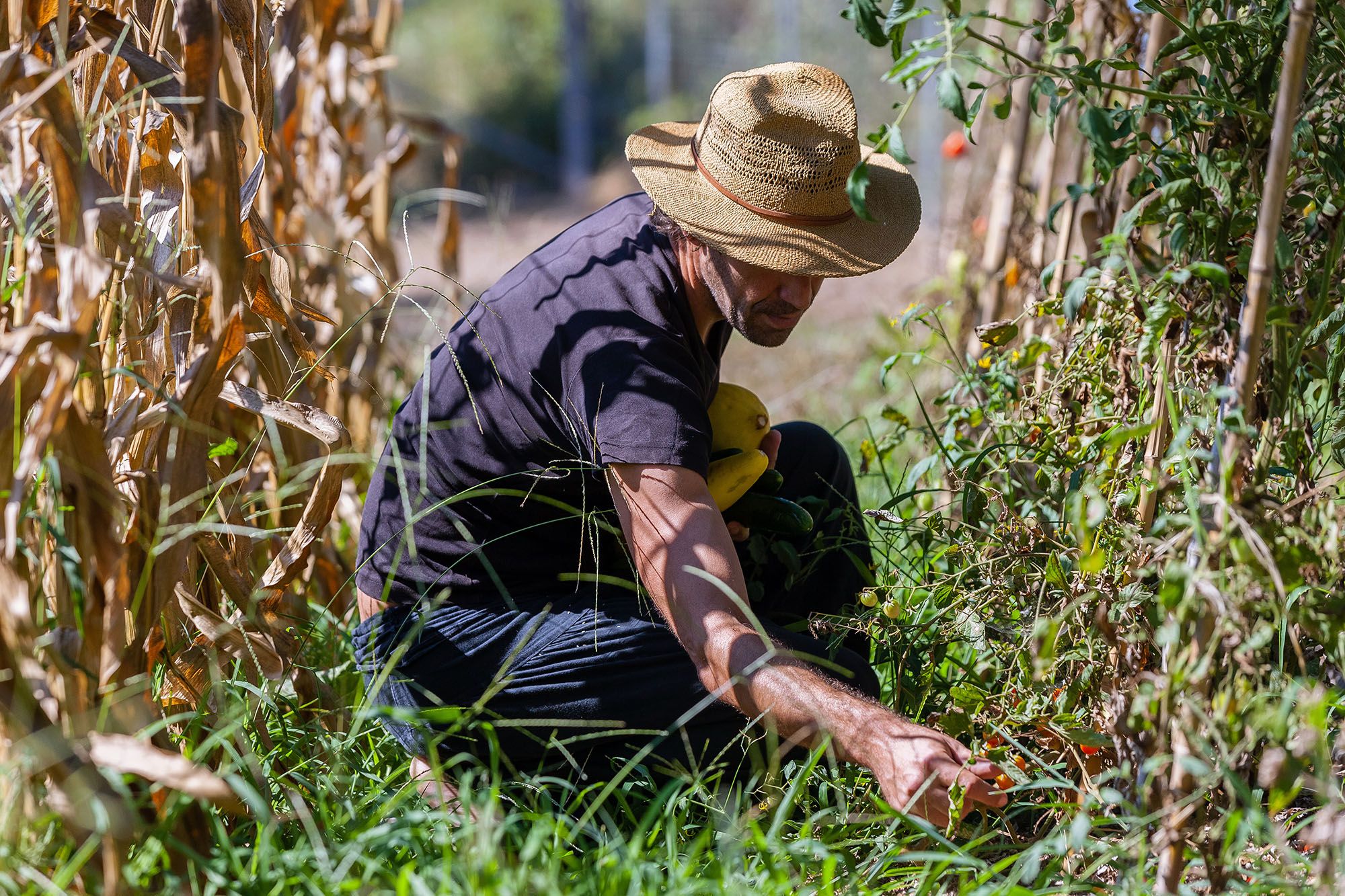
How long does it take to make your olives into oil?
It takes 3-4 hours, we harvest and the same day we’re pressing the olives into oil, you have to be fast. That’s one of the secrets — you have to be fast, because the longer you keep an olive inside a crate it oxidizes and that chemical reaction isn’t good for the oil. We harvest in the morning and in the afternoon we make the olive oil. We go about 45 times to the olive press throughout the year, it’s very intense work. Out of 100 kilos of olives we make around 10 kilos of olive oil.
Olives are harvested every October but not with every olive tree, the produce grows every two years, one year a good season and one year a very low season. Some trees cannot produce big amounts every year, they produce every second year, especially the trees we harvest – they are very old and we leave them to be almost wild in nature. We dont push them to produce a lot. We let them be because they've existed for 300-400 years.
In Athens, there’s an olive tree that’s existed since the Golden Age, they said that Plato was under that tree. Since the ancient times, olive trees were an important source of income, source of power, it was always an important thing in the Greek economy. Goddess Athena gave it as a gift to the Athenians, that's the story.
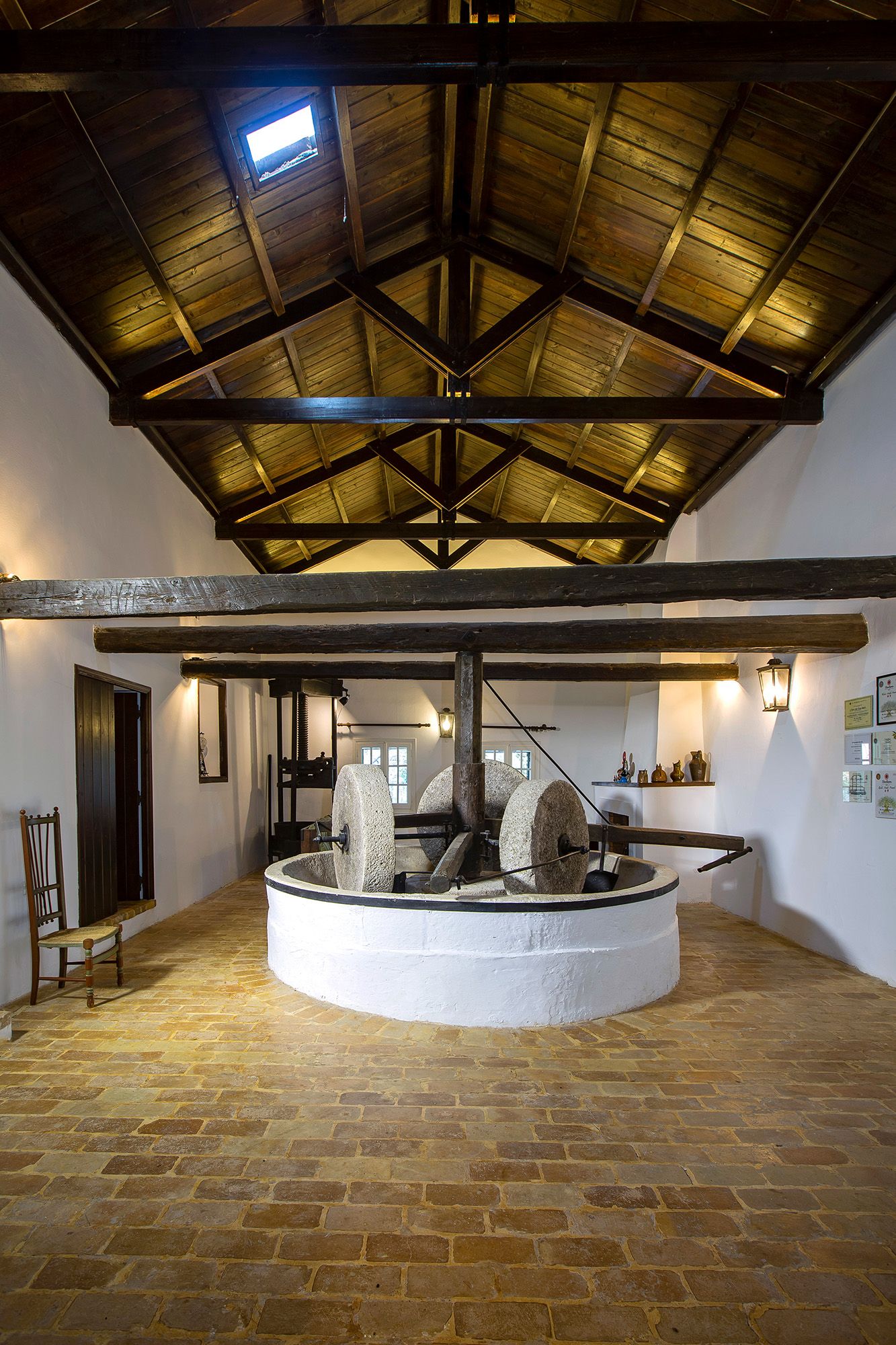
What should we look for when tasting olive oil?
Look, this you must know. The color of olive oil is not important at all, it doesn’t say anything about the quality of oil. The color is chlorophyll , which comes out of the skin and with time it changes from green to yellow because chlorophyll evaporates. Ours is a fresh olive oil we harvest when they’re green. But remember, that’s not the criteria of the quality. For instance when we taste olive oil we use blue glasses, so you don't see the color and make up your mind through that.
You should smell it first, and sense the fruitiness. When we taste an olive oil, we judge three things – fruitiness, bitterness, and pungency. You want an olive oil that is leveled with these three things. It has to be balanced and high, we need an olive oil that is pungent and burns when you eat it, it has to burn in your throat. The burning means it has antioxidants, it's a good thing. Burning is the best feeling you can have when tasting olive oil. Then it has to be bitter. Things we find in wild herbs as well, bitter things in nature are pharmaceutical.
In the oil that East Fork has, I smell a lot of green apples, a lot of chamomile, and almonds. These are things that I find in this olive oil. There’s a big sensory profile. It’s fresh floral, but not an old floral taste.
How would you recommend we use your olive oil?
Normally we don't advise that you cook with it, when olive oil is heated it loses its vitamins and the floral taste but it’s like butter it does make the food better if you cook with it. To me, the best way is to finish off your dishes, everything from lentils to soup, from meat dishes with chicken to pasta courses. It finishes it off well, because fat brings out all the other aromas.
What do your olive trees prefer?
The olive tree likes a higher altitude, not very high, but on steep soil so the water doesn't retain. We need sun and air, it’s nice for it to face the sun all day and be aerated. We are multicultural, Greece isn’t really but here during harvest we are. Some of our workers come from parts of Europe, Romania , Albania, and we all sit together. One guy is a chef from Pakistan and he makes biryani rice in the olive grove with our oil, it's a dream.
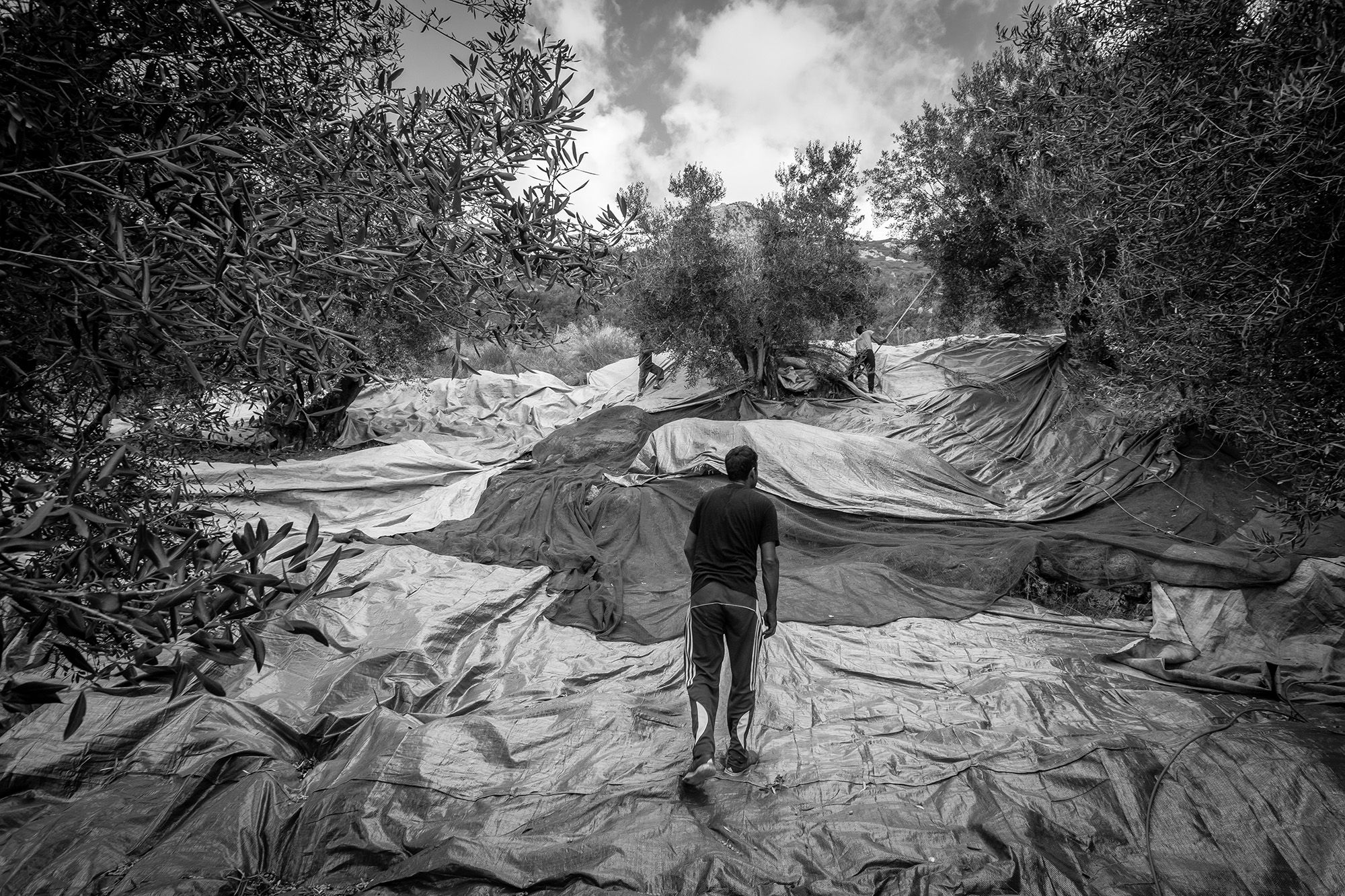
Can anyone visit your farm and experience harvesting?
We have two houses we rent but it's hands on. You're part of the farm’s activity, you stay with us and we offer you vegetables from our garden and oil, anything that we produce. Our guests can partake in our harvests or whatever they want. They can collect eggs from the chicken coop, anything. Now we have amazing tomatoes, we grow really tasty tomatoes. When we have tourists come in everyday, we take them around and show them the farm, then we sit around the table and taste the olive oil. After that, we bring out the tomatoes and put olive oil over them, and have a great feast. It’s really nice.

